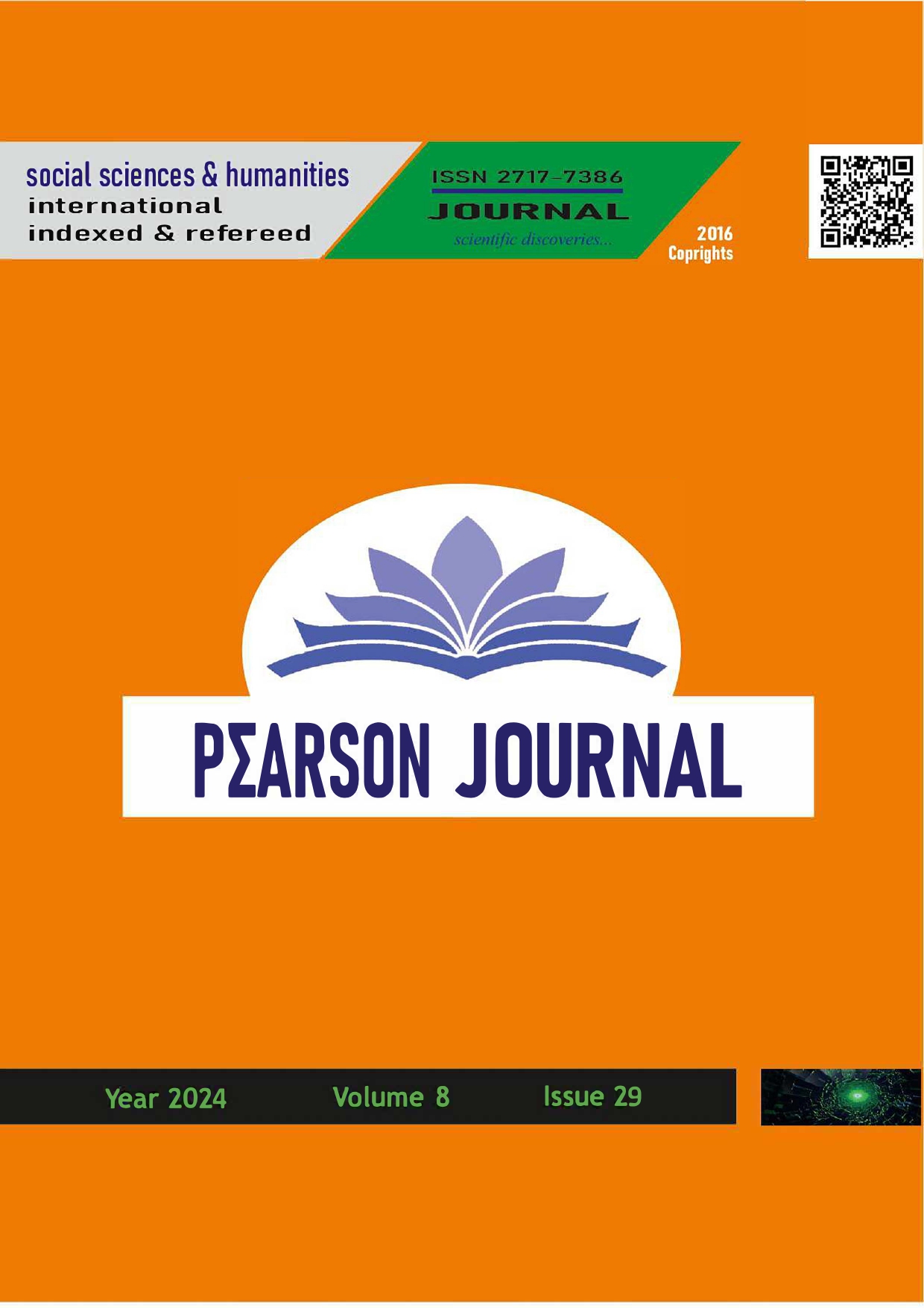Peter Ackroyd’s Chatterton as a Historiographic Metafiction
DOI:
https://doi.org/10.5281/zenodo.13369790Keywords:
Historiography, Metafiction, Historiographic Metafiction, Intertextuality, Paratextuality, Aporycyphal HistoryAbstract
This study examines Peter Ackroyd's novel Chatterton through the lens of historiographic metafiction, a genre that intertwines historical discourse with self-reflexive fictional elements. Ackroyd's work challenges traditional notions of history and fiction by blurring their boundaries and emphasizing the constructed nature of historical narratives. Through an analysis informed by Linda Hutcheon's framework, which highlights the fusion of historical events with fictional techniques such as parody and intertextuality, Chatterton emerges as a provocative exploration of representation and reality. The novel problematizes the authenticity of historical accounts surrounding the poet Thomas Chatterton, offering multiple, conflicting narratives of his life and death. These alternative histories not only question the reliability of official records but also underscore the subjective nature of historical knowledge. Moreover, Ackroyd employs paratextual elements such as illustrations, epigraphs, and self-referential poems to subvert conventional historiographical practices. By doing so, Chatterton invites readers to reconsider how history is constructed and interpreted, ultimately illustrating the complex interplay between fact and fiction in the portrayal of historical reality.
Key words: historiography, metafiction, historiographic metafiction, intertextuality, paratextuality, aporycyphal history
References
Barthes, R., & Heath, S. (1977). Image Music Text. Fontana Press. London.
Curie, M. (2013). Metafiction. Routledge Press. London and New York.
Dawson, P. (2016). From Digressions to Intrusions: Authorial Commentary in the Novel. Studies in the Novel, 48(2), 145-167.
Dealgado, V. (1997). The Death of the Author: A Reading of Peter Ackroyd’s Chatterton, EPOS, XIII, 347-360.
Hutcheon, L. (1988). A Poetics of Postmodernism: History, Theory, Fiction. Routledge Press. London.
Hutcheon, L. (1989). The Politics of Postmodernism. Routledge Press. London.
Kristeva, J. (1986). The Kristeva Reader. Oxford Press.
Marshal, B.K. (1992). Teaching the Postmodern: Fiction and Theory. Routledge Press. New York.
McHale, B. (1987). Postmodernist Fiction. Routledge Press. New York and London.
Natoloi, J., & Hutheon, L. (1993). A Postmodern Reader. State University of New York Press. Albany.
Onega, S. (1999). Metafiction and Myth in the Novels of Peter Ackroyd. Camden House Press.
Onega, S., & Ackroyd, P. (1995). Interview with Peter Ackroyd. Twentieth Century Literature, 42 (2), 208-220.
Quinn, E. (2006). A Dictionary of Literary and Thematic Terms. New York: Facts on File Inc.
Waugh, P. (1984). Metafiction: The Theory and Practice of Self-Conscious Fiction. Routledge Press. London and New York.
White, H. (1973). Metahistory: The Historical Imagination in Nineteenth-Century Europe. John Hopkins University Press. Baltimore.
White, H. (1978). Tropics of Discourse: Essays in Cultural Criticism. The John Hopkins University Press. Baltimore and London.
Downloads
Published
How to Cite
Issue
Section
License
Copyright (c) 2024 PEARSON JOURNAL

This work is licensed under a Creative Commons Attribution 4.0 International License.



